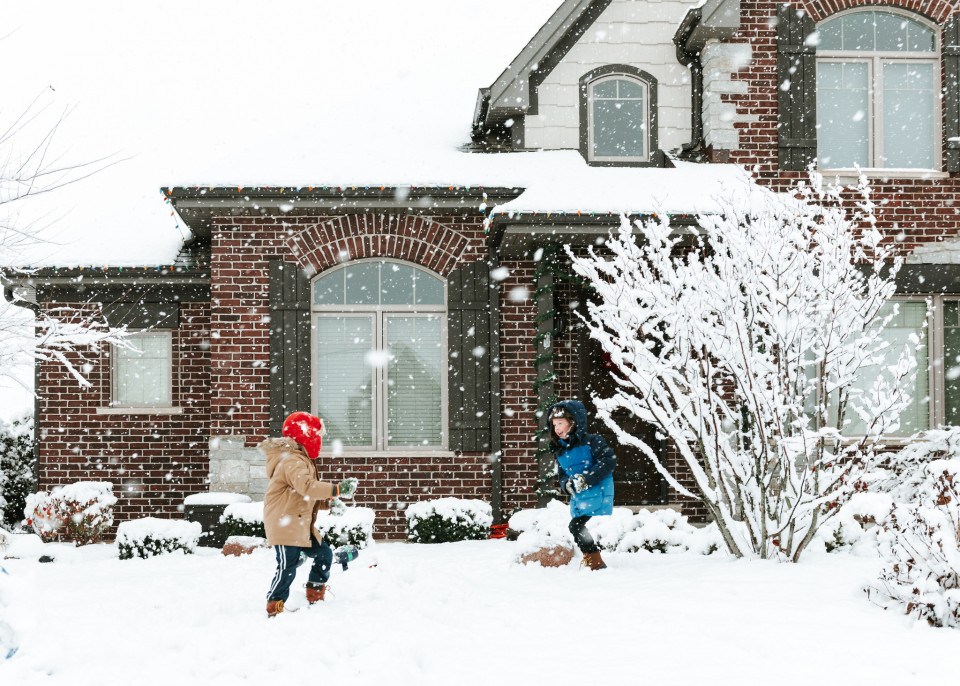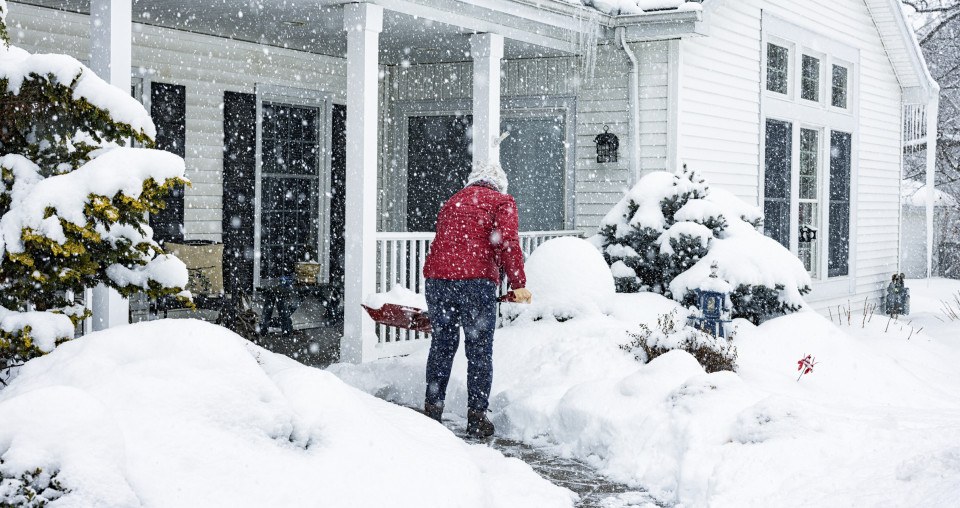5 Ways You can Prepare Your Boston Home for Winter Now—and Save Money Later

/ Getty Images
As fall begins to roll into the infamous New England winter, Boston homeowners need to prepare their properties for the cold weather, and buyers closing soon on a home will need to winterize as they move in during increasingly frigid conditions.
There are countless ways homeowners can prepare for the Boston winter, so the team at Prevu Real Estate devised a list of a few expert tips.
Get your heating system serviced
Since the onset of COVID-19, homeowners have likely found it challenging to get local tradespeople scheduled for appointments. But now that Boston is on the way to a new normal, homeowners are scrambling to get their heating systems serviced—and technicians are tight for time.
New homeowners and buyers expecting to close before the winter should act fast to get their systems checked out. The process is simple: An HVAC expert first inspects and cleans the vents leading to the furnace, looks for corrosion at the heat exchanger, and then cleans the air filter and moving parts. Lastly, the technician tests the thermostat.
Furnace maintenance is essential because an interruption in service can lead to frozen pipes if a cold front moves in. Plus, property owners save on their energy costs when their furnace is fully operational.
Strengthen the seal on your windows
Homeowners in Boston will want to make sure the window seals are intact, especially if they own an older home.
When a window sits for years without maintenance, the seal will weaken over time until you can feel a draft coming through the edges of the pane. While sealing a window is easy, replacing an entire unit is another story.
If a buyer notices fog between double-paned glass, they will need to replace the whole window. Just like having a faulty furnace, unsealed windows, or windows with condensation between the panes, allow heat to leave your home and inflate energy costs.
Tidy up the exterior of your home
Preparing the exterior of your house is just as important ahead of the winter. Homeowners will want to patrol the property and rake up any leftover leaves under the shrubs or in a garden plot to declutter the lawn.
After clearing the grounds, look at the gutters and make sure they’re clear of debris. An over-insulated attic can restrict airflow in the home, leading to ice defrosting, then refreezing. Over time, a build-up of leaves can stop the flow of rainwater and create a jam that can freeze in colder temperatures.
If not addressed, ice dams can form, and their weight can easily rip the gutters from the side of your new home. What’s worse: When leaves are left to rot over the winter, moss can begin to grow and encourage rot on the roof. In a worst-case scenario, new homeowners may come out to find a new tree growing from their gutters in the spring.

/ Getty Images
Blow out the irrigation systems and pipes
Beyond cleaning the gutters and keeping the lawn free of leaves, buyers with an underground irrigation system should blow all water out of the system before the winter sets in. Buried lawn sprinklers are a convenient amenity, but Bostonians can expect burst pipes and mud pits come springtime if they don’t clear the sprinklers.
Some longtime locals will use compressed air to dry out the system and call it a day, but if possible, inject some antifreeze into the system to keep piping from freezing. The same advice goes for seasonal homeowners who move south for the winter.
If you purchase a Boston home as a summer residence but live somewhere warm in the winter, make sure to clear all the water from your pipes, as once the temperatures drop below freezing, water will expand and crack the pipes. Once the pipes thaw, water will leak from the cracks and cause thousands of dollars to repair the saturated walls.
Homeowners can also invest in smart thermostat technology to monitor and control the temperature of their homes, even when they are thousands of miles away.
Connect with Mass Save to insulate your home
Boston is the City of Firsts, and some of the housing stock in this historic city reflects the region’s age. Homebuilding technology advances in leaps and bounds each year, enabling homeowners to efficiently heat their homes and lower energy costs at the same time.
But buyers thinking of purchasing an older home have to contend with outdated construction materials that increase the cost to heat their dwelling. Luckily, Massachusetts recognized this issue and created Mass Save. It’s a conglomerate of Massachusetts energy companies like Gas of Massachusetts, Berkshire Gas, Eversource, and National Grid that came together to assist homeowners in insulating their homes.
An under-insulated home drives up energy expenses for homeowners. But state residents can order a Home Energy Assessment, where experts will evaluate their property and provide a Home Insulation Improvement Rebate. Mass Save then seals and insulates problem areas, covering 75% or even 100% of the cost, depending on the age of the house.
Interested in buying a home in the Boston area? Browse listings and see how much you can save with Prevu’s Smart Buyer Rebate.
This is a paid partnership between Prevu and Boston Magazine


